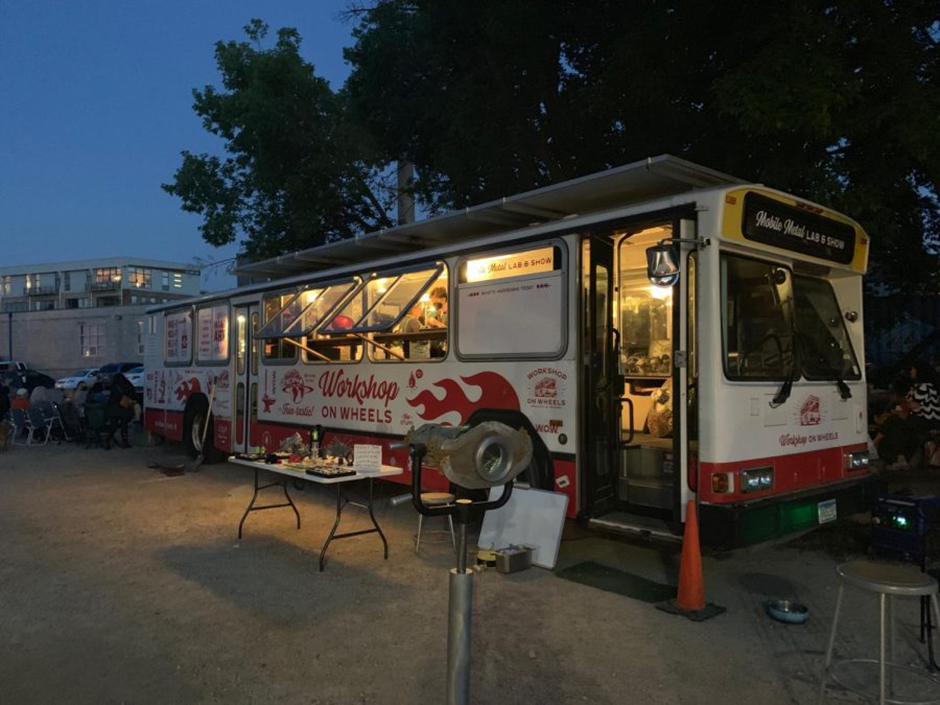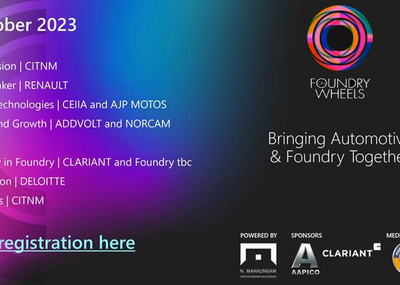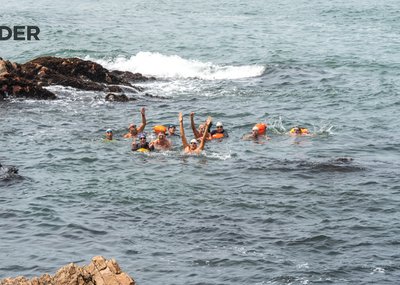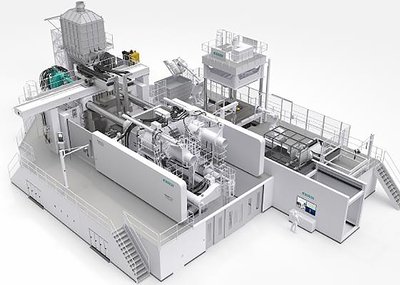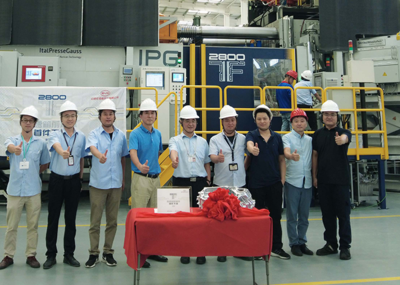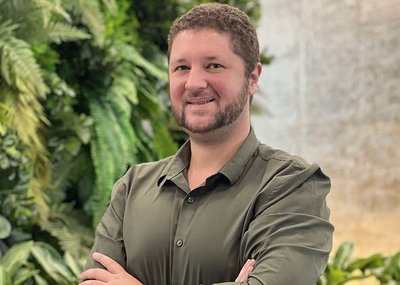“Here they are,” local artist Sara Hanson said as she held up a metal cast of a pair of dress shoes, weighing over 5 pounds. “These were made by a formerly incarcerated man to symbolize his future business aspirations.”
Standing in the middle of the Mobile Metal Lab, an old Metro Transit bus remodeled into a metal workshop, Hanson showed off various sculptures made by past guests of the bus amongst the large sand molds, toy capsule vending machines and workbenches stacked with metal working tools.
As a working artist since the early 2000s, Hanson, who specializes in metal working, has left a mark on the Twin Cities. Collaborations with organizations like the Interact Center and the Hubbs Center for Lifelong Learning have made art more accessible to many different communities in the area.
After receiving a bachelors of fine arts with a focus in metal casting from the University of Minnesota in 2001, Hanson began teaching art around the Twin Cities. In 2005, Hanson said she realized a need for increased accessibility in the Twin Cities art world, so she purchased a truck and trailer to start the W.O.W. Mobile Metal Lab.
“My idea at that time was to be able to bring the cast metal process into communities and do similar projects that were about their visions and ability to be a participant in the whole process to share them with a broader audience,” Hanson said.
In 2018, Hanson used loans and grants to purchase an old Metro Transit bus, the current vehicle in use. Hanson renovated the bus to include 14 work stations, running water and foundries for visitors to make metal creations.
While the bus’ homebase is outside of Hanson’s workspace, the Bio Scenic Earth Laboratory at the Casket Arts Factory in Northeast Minneapolis, it frequently makes trips to schools, community centers, parks and even Austin, Minnesota, where Hanson helped city officials construct a metal tree with individual leaves.
“Traditionally, art is for a certain group of people and that often makes it inaccessible, off putting or makes people think ‘that’s for someone else,’” Alyssa Baguss, artist and arts programming coordinator of Three Rivers Park District, said. “But everyone is familiar with buses, which drops that barrier down. If I’m going into a museum or going into a gallery, it’s a different experience, but stepping onto the bus is welcoming and a little weird.”
Foundry and metal pouring may not be the first thing that comes to mind when thinking of teaching art to novices, including seven-year-olds and senior citizens, but Hanson is molding that narrative. Using forms of metal working from carving cuttle fish bone molds to pouring hot metal into rubber casts provides a better understanding of how things are formed and what the different states of elements can look like.
“Metal pouring is not a super common medium that not many people have access to, and Sara brings that opportunity to different communities,” Marta Sorenson, one of the Mobile Metal Lab’s workers, said. “There is something different about creating something unmovable, heavy and strong — something that can’t easily be taken away after it’s been created. That opportunity to create a metal object or piece is valuable to everyone, especially those with less access to art.”
Constructing the bus was just one obstacle, driving the thing through the busy metro area was another.
“When I got the bus, I thought ‘this is never gonna happen.’ I’ll have to hire somebody to drive it,” Hanson said. “But now I do it alone. It’s my most proud thing, and I feel so empowered. I feel like this is a reflection of how casting metal can be empowering. Like transforming metal and realizing that you did that with your hands.”
Looking at Hanson, it’s hard not to relive memories of the beloved, genius and eccentric teacher from “The Magic School Bus.”
“She’s kind of like Miss Frizzle,” Baguss said. “Sara’s empowered and independent, which flips the narrative on how foundry is usually associated with men. She’s doing it, and I find it inspiring.”
Source: www.mndaily.com

